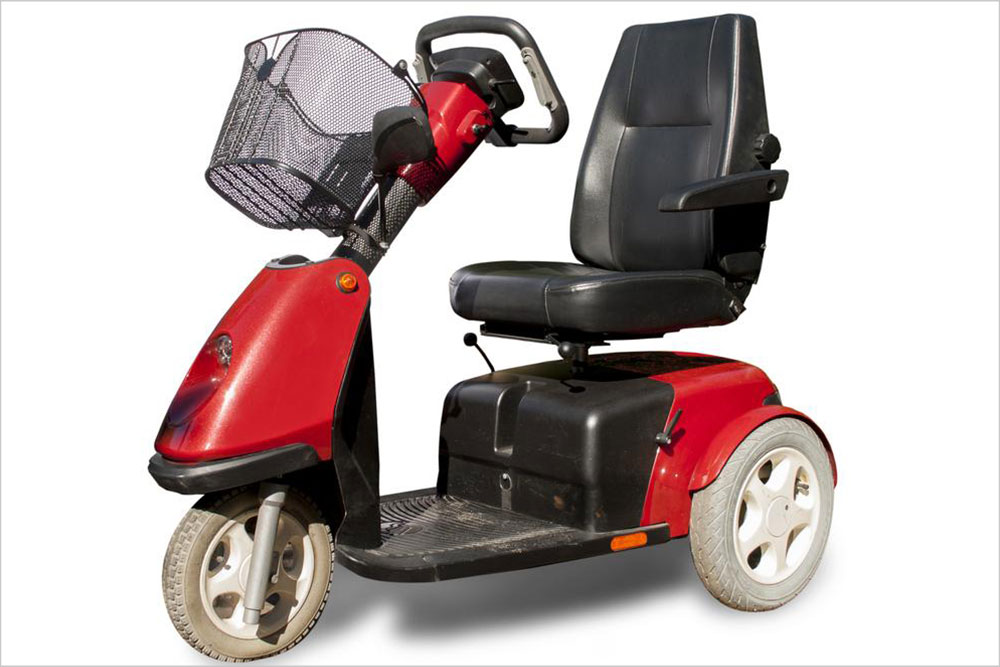Electric scooters vs. powerchairs: Which one to choose
Electric scooters and powerchairs are two of the greatest mobility options for differently abled persons, both of which allow them to reach places by eliminating the need of someone to complete the chore. They allow a person to easily control the movement of their ride and move around at their own pace. Despite some similarities, an electric scooter is different from a powerchair in many aspects. Before deciding on which one to choose, you must first understand what these two mobility vehicles actually are.

Electric wheelchairs a.k.a. powerchairs
Electric wheelchair, powerchair or a power wheelchair replaces the manual effort required by a wheelchair with an autonomous battery-driven mechanism. The user of a powerchair is able to control the movement of the chair with the flick of a button and some other controls. There are several benefits of using a powerchair over the traditional wheelchair. Some of them include:
Capability to go long distances
Making a turn in tight spaces
Ability to move in a rough terrain
Easier to tuck into closets and carry around in car trunks and SUV’s, in case the powerchairs support a foldable built.
Powerchairs are ideal for disabled people with limited use of hands and those experiencing exhaustion because of a manual wheelchair.
Mobility Scooters a.k.a. electric scooters
Supporting the looks of a scooter, mobility scooter allows a differently abled person to move from one location to another with utmost ease. Powered by batteries, a mobility scooter features a swivel seat and 2 to 3 wheels. Both hands are required for steering the vehicle, in addition to the need of good balancing. Mobility scooters are ideal for people who can walk a few steps and are able to stand and sit upright without the need of any external support.
Powerchairs vs. mobility scooters
Both powerchairs and mobility scooters have their own distinct set of advantages and disadvantages over one another. You can compare them over several factors, such as portability and usage, all of which are summed up as follows:
Control
A mobility scooter requires the user to attain proper balancing. A person riding a mobility scooter is required to make use of both the hands to steer it. Powerchairs, on the other hand, do not require both hands and can be controlled with mere fingers or even by flicking some simple buttons.
Portability
An electric wheelchair is smaller and hence, can be carried around easily in the trunk of a car. Many powerchairs also support a foldable built, allowing them to be easily placed inside closets.
Prices
An electric wheelchair starts from $600 and can go to thousands of dollars. The high-price of powerchairs is justified because of the complex control mechanism built into them. On the other hand, mobility scooter pricing options start from as low as $300.
Usage
Powerchairs can be used indoors as well as outdoors. You can use them to move in a rough terrain too. On the contrary, an electric scooter is a better means of transport for traveling long outdoor distances.


